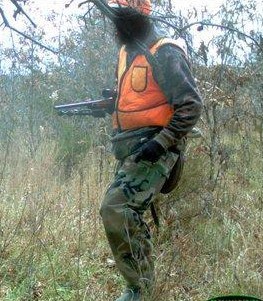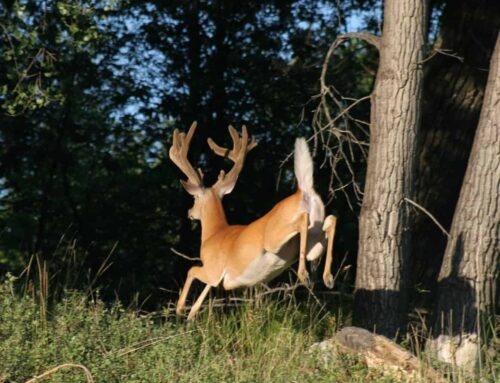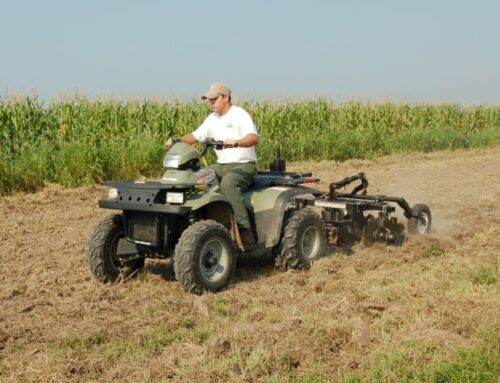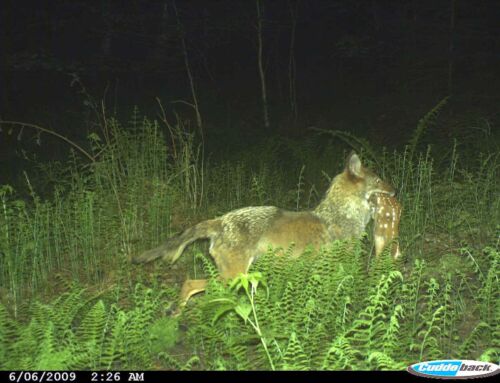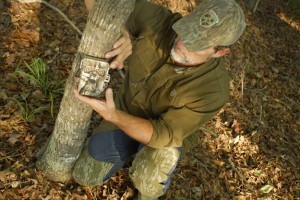 A year ago to the day I penned an article for Realtree.com titled: Is a Trail Camera Ban Coming to a State Near You?
A year ago to the day I penned an article for Realtree.com titled: Is a Trail Camera Ban Coming to a State Near You?
I wrote: Earlier in 2022 Utah joined Arizona and Nevada in banning the use of all trail cameras for hunting. Montana prohibits the use of cellular cams during hunting season.
I then asked: Could similar restrictions move eastward to states where millions of us chase whitetails, and where millions of us use trail cams extensively for scouting and hunting?
It did not surprise me that those western states banned cameras. Most of the western elk and deer hunters I know, especially the die-hard “trad” bowhunters, are fervently anti-technology and very vocal about it. If the game department made a law that you had to wear a loin cloth and use only a spear or longbow to kill a buck, these guys would be good with it. They show up in numbers at public meetings and fill out surveys that have an impact on the way game commissioners vote on hunting regulations.
But a majority of the whitetail hunters in Midwestern and Eastern states are either pro-camera or neutral about them. So, it surprised me when I read this at Field and Stream yesterday:
On March 9, the Kansas Department of Park & Wildlife (KDPW) Fish and Game Commission voted to prohibit the use of all trail cameras (cellular and conventional) on public lands in the state. The ban, which drew unanimous support from the seven-member commission, will apply year-round on all public lands owned and managed by the state, and it will go into effect before for the upcoming (2023) fall hunting seasons.
The camera ban will be in effect not only on the 300,000 acres of public wildlife areas in the state, but also on the 1.4 million acres of leased private land enrolled in Kansas’ excellent Walk-in Hunting Access Program.
While the year-old bans on cameras in western states were largely about fair-chase hunting—do trail cams give hunters too much advantage over the elk and deer they hunt?—the new Kansas ban is more about privacy issues and potential conflicts on heavily hunted public ground.
One of the Kansas commissioners, Gerald Lauber, told Field and Stream,
“In some places … cameras are used to spy on other hunters. And some people recoil from [seeing] a camera. They’re private. They don’t want to have somebody take their picture and then have it on Facebook.” Lauber went on to say that trail cameras are sometimes used by hunters as a means of staking claim to a particular section of public land.
Will Kansas’ decision to ban cameras create a domino effect? No doubt in my mind that other Midwestern and Northern states will take a closer look at the use of trail cameras, especially the newer cellular cams. Rumor has it that Ohio has been evaluating potential restrictions for months. I do not expect any new camera restrictions, at least in the near term, in Southeastern states and out to Texas. We Southerners are happy to follow the rules, but loathe new and arbitrary restrictions that limit our ability to hunt freely and fairly. For the most part, game departments across the South have our backs.

